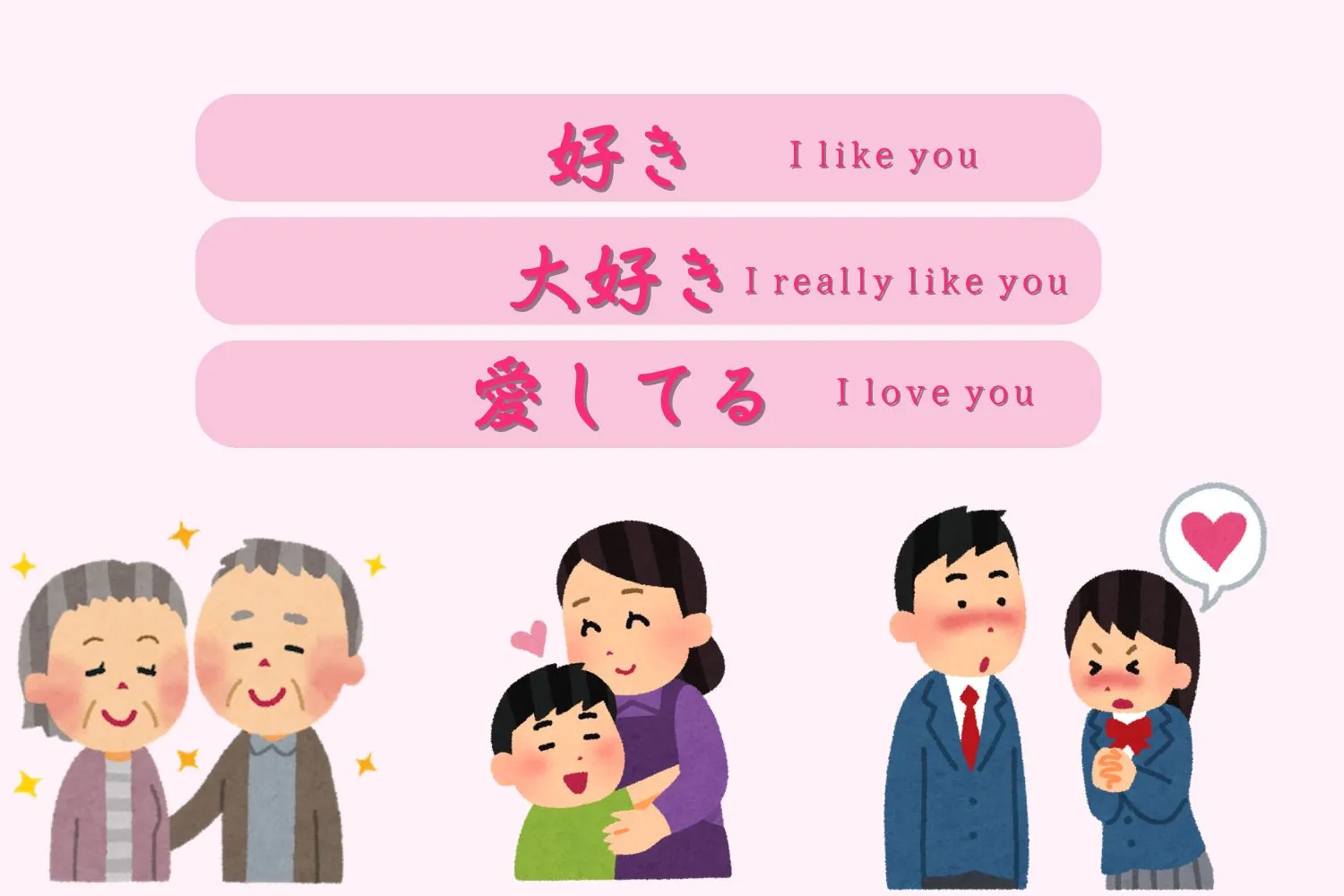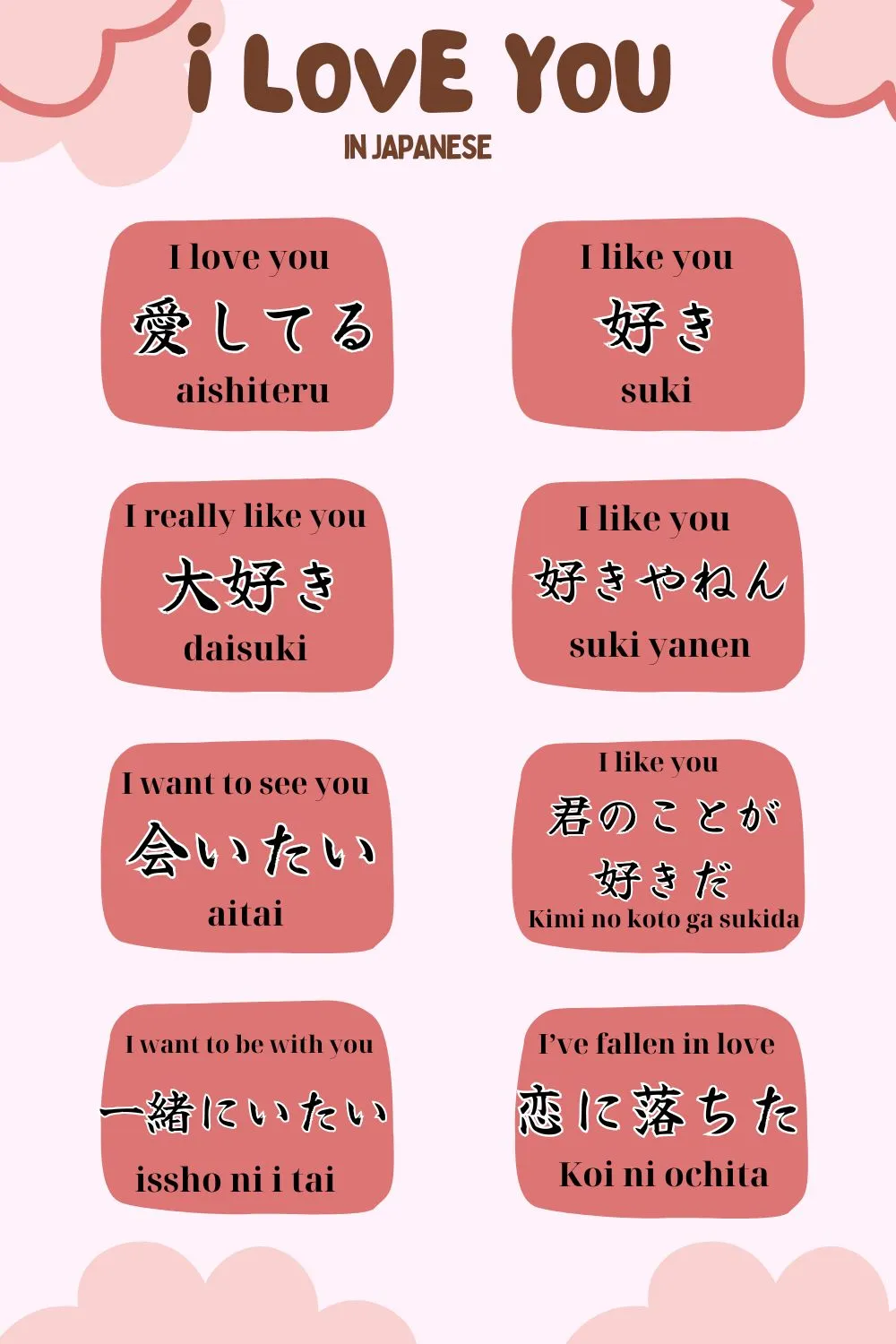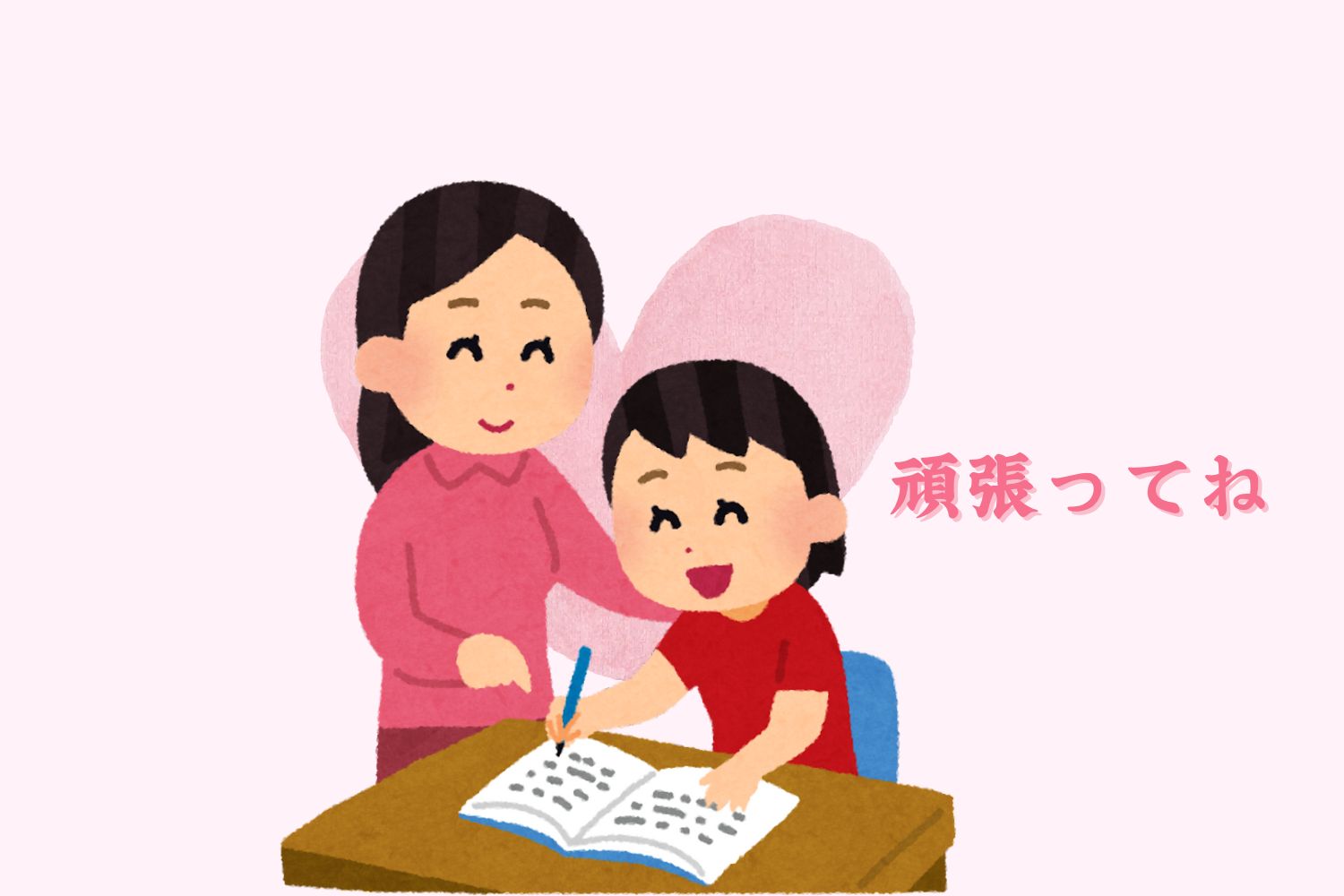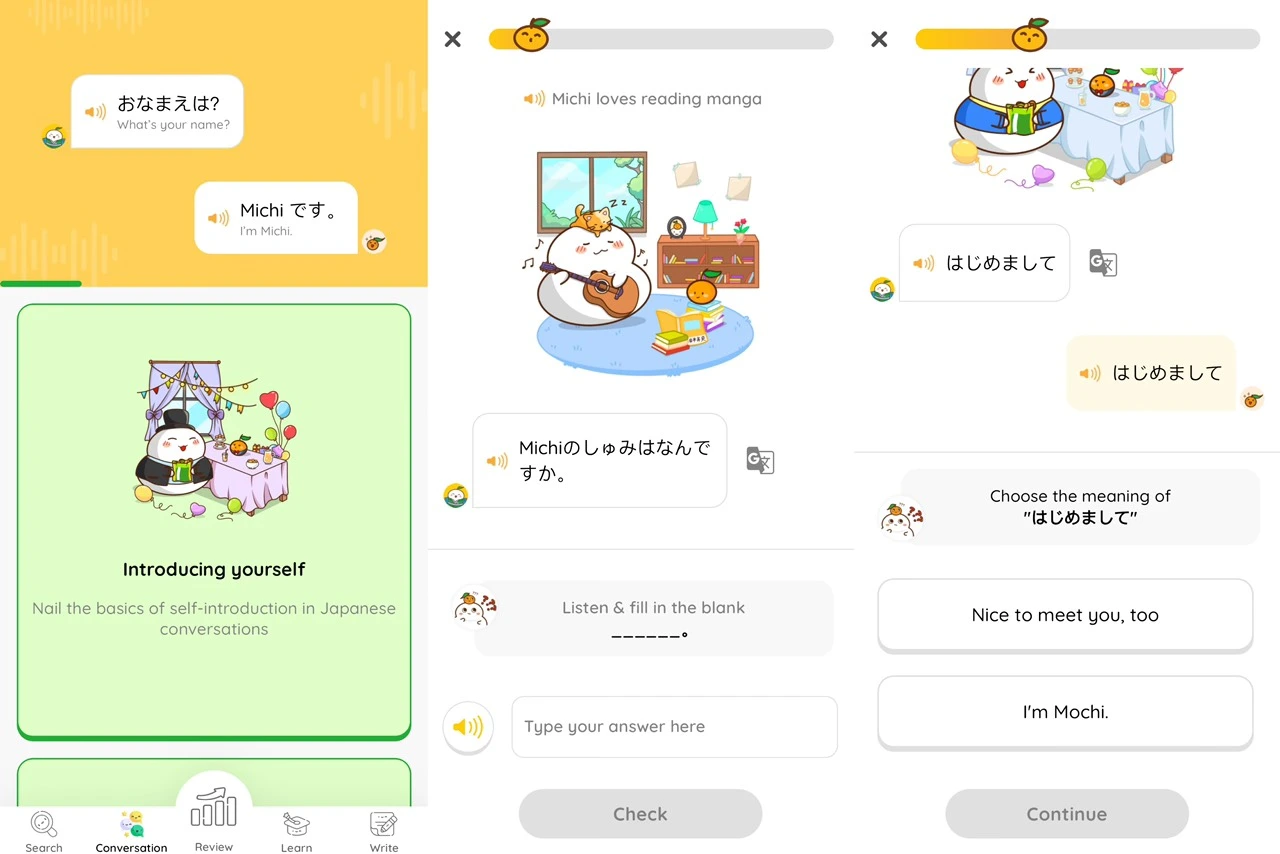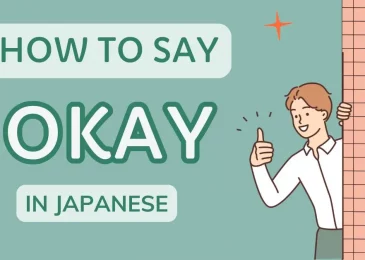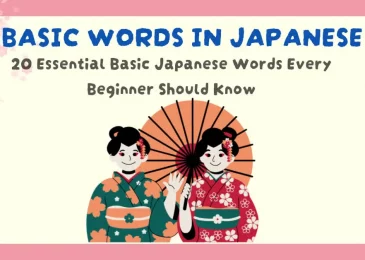How Do You Say “I Love You” in Japanese?
In Japanese, the phrase “I love you” in Japanese doesn’t always carry the same weight as it does in English. The most direct translation is 愛してる (Aishiteru), but it’s typically reserved for serious, long-term relationships, such as those between spouses. Here are the key phrases used to express romantic affection:
1. 愛してる (Aishiteru)
This is the closest to the English “I love you” in Japanese. It’s a serious, deep expression of love. In Japan, Aishiteru is typically reserved for very committed relationships, especially between married couples. It’s not used casually, and expressing “I love you” in Japanese with Aishiteru shows a deep, long-term bond, typically associated with family and lifelong commitment. 愛しています (Aishite imasu) is the formal version of 愛してる、 often used in serious declarations of love, particularly in public or formal situations.
2. 好き (Suki)
A lighter, more casual way to express affection, Suki means “I like you” in Japanese. It’s often used in dating or early relationships when the bond isn’t yet as deep as Aishiteru. When paired with です (desu), it becomes 好きです (Suki desu), which is a polite and common way to say “I like you in Japanese.” This expression can be used when you’re not yet at the level of saying “I love you” in Japanese but still want to express affection.
3. 大好き (Daisuki)
This phrase translates to “I really like you” or “I love you” in Japanese in a more casual and friendly context. Daisuki is often used by couples, family members, or close friends to express deep affection without the seriousness of Aishiteru. It’s a way to say “I love you” in Japanese in a lighter and more intimate, yet not necessarily romantic, manner.
What Are Different Ways to Say “I Love You” in Japanese?
The way you say “I love you” in Japanese varies depending on the depth of your feelings and the context of your relationship. Here are several key expressions that convey different levels of affection:
1. 好きやねん (Suki yanen)
This is a casual and very affectionate phrase used in Kansai dialect (especially in Osaka). It means “I like you” or “I love you” in Japanese in a way that’s commonly used between close couples. It has a warm and endearing tone and is often said with a bit of playfulness.
2. 会いたい (Aitai)
Although this doesn’t directly translate to “I love you in Japanese,” Aitai means “I miss you” or “I want to see you.” It’s a way of expressing longing and affection, especially in a relationship where you might not be physically together.
3. 君のことが好きだ (Kimi no koto ga sukida)
This phrase translates to “I like you” or “I love you” in Japanese, and it is a more heartfelt and direct expression. The 君 (Kimi) means “you,” and ことが好きだ implies liking the person as a whole. It’s commonly used in dating or established relationships.
4. 一緒にいたい (Issho ni itai)
This phrase means “I want to be with you.” It’s a sweet and meaningful expression of affection that conveys a desire for closeness and companionship. It’s often used when you want to express how much you enjoy being with someone.
5. 恋に落ちた (Koi ni ochita)
This means “I’ve fallen in love.” It’s used to express that you’ve fallen for someone, highlighting the depth of your feelings. It’s often used at the beginning of a relationship or when you’re romantically involved.
How Do Japanese People Show Love Without Saying “I Love You”?
In Japan, love isn’t always expressed directly. Many Japanese people use actions or other phrases to show care and affection instead of saying “I love you in Japanese.” For example:
- 気をつけてね (Ki o tsukete ne): Meaning “take care,” this phrase is often said to loved ones as a way of showing concern and affection.
- 頑張ってね (Ganbatte ne): This phrase means “do your best” and is often used by loved ones to show support, encouragement, and affection without the need for direct verbal expression.
Tips for Learning and Using Japanese Phrases
- Practice Regularly: To master pronunciation and proper usage, practice your Japanese phrases regularly. You can also try recording yourself and comparing it with native speakers to improve your accuracy.
- Watching Japanese dramas, movies, or anime: This can teach you about the emotional subtleties and cultural expressions of love. Listening to characters express love in different contexts will help you understand how tone and word choice can vary in romantic situations.
- Use Language Learning App – Mochikanji
One app like Mochikanji is a great tool for building your vocabulary and pronunciation. It uses spaced repetition to help you remember kanji and vocabulary, which is especially helpful for mastering Japanese love phrases. Additionally, Mochikanji offers audio recordings of native speakers, allowing you to practice pronunciation and improve your listening skills.
Conclusion
Saying “I love you” in Japanese goes beyond just words—it’s about understanding the context and emotions behind them. Whether using 愛してる (aishiteru) for deep commitment or 好きです (suki desu) for lighter affection, love in Japan is often shown through actions and gestures. Learning Japanese means not only mastering the language but also understanding the cultural nuances that make expressions of love meaningful. By grasping both the words and context, you can express your feelings more authentically in Japanese.

